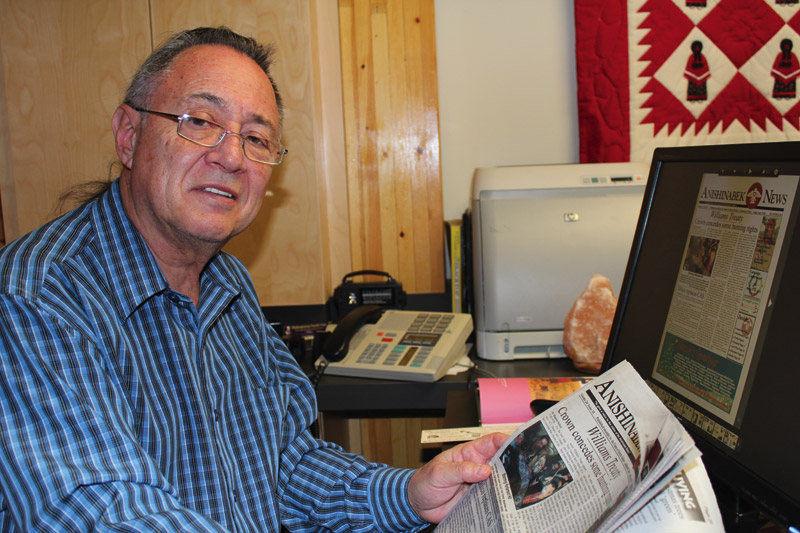What this country needs is more parades
 By Maurice Switzer
By Maurice Switzer
Pakenham is an Ottawa Valley village of some 2,000 souls – if you include cattle, dogs, cats….and even a few reindeer.
It looked like every single one of them was lining the streets on a recent Saturday afternoon for the annual Santa Claus parade. Police and volunteers in yellow plastic vests were re-directing traffic heading along Lanark Country Road 29 towards Carleton Place and other points south.
Even the tiniest, off-the-beaten-track hamlets manage to martial the manpower to stage a parade of some sort at least once a year.
In addition to Santa Claus, parades are organized to honour veterans (Remembrance Day), the Easter Bunny and/or Resurrection, football games (Pasadena’s Rose Bowl)…. I was able to find a Parade of a Thousand Clowns that each year honours the birthplace of comedian Red Skelton in Vincennes, Indiana; a Halloween Dog parade in Key West, Florida to raise money for spaying and neutering; and the World Naked Bike Ride parade – various locations, depending on seat warmth.
But I’ve never heard of a parade to commemorate the passage of the Universal Declaration of Human Rights, which was adopted by the United Nations General Assembly on Dec. 10, 1948. The proclamation was a direct result of the horrors revealed in the Second World War, and was described as “a roadmap to guarantee the rights of every individual everywhere.”
The primary working group of 18 delegates, including Eleanor Roosevelt – reached a consensus “as to the supreme value of the human person and the inalienable right to live free from want and oppression.”
The Declaration includes most of the provisions contained in the bills of rights or constitutional preambles of all countries that call themselves, democratic – rights of free speech, assembly, worship, opinions.
Unfortunately, because most of the citizens of those countries take such basic rights for granted, they have long since forgotten the recommendation of the UN Declaration’s framers – that the document be distributed and displayed in schools and educational institutions across the world in hopes that universal observance of these principles would lessen the likelihood of global conflicts like World War II in which 60 million people died.
In the course of my public education work on First Nations issues, I have occasion to visit many schools, and do not recall copies of the Universal Declaration of Human Rights, or Canada’s Bill of Rights and Constitution being thumbtacked onto any bulletin boards, alongside the schedule of the senior football team or meeting times of the chess club.
Those who forget history are condemned to repeat it.
Anyone who thinks that democracy in Canada is in a healthy condition should wonder about the wisdom of governments that appear to welcome pipelines carrying hazardous petroleum products right through public watersheds.
Anyone who thinks that human rights are a given in Canada should wonder about the 100 First Nations communities that routinely lack access to potable water, and the 600 First Nations whose inherent and treaty rights are ignored daily by politicians who brag that their indexed pensions after six years in office are like winning the “Cash for Life” lottery.
What this country needs are more parades.
Merry Christmas to all, and may the spirit of kindness melt the rocks in their hearts!
Maurice Switzer is a citizen of the Mississaugas of Alderville First Nation. He delivers public education presentations about the Treaty Relationship between Canada and First Nations and can be reached at mauriceswitzer4@gmail.com


